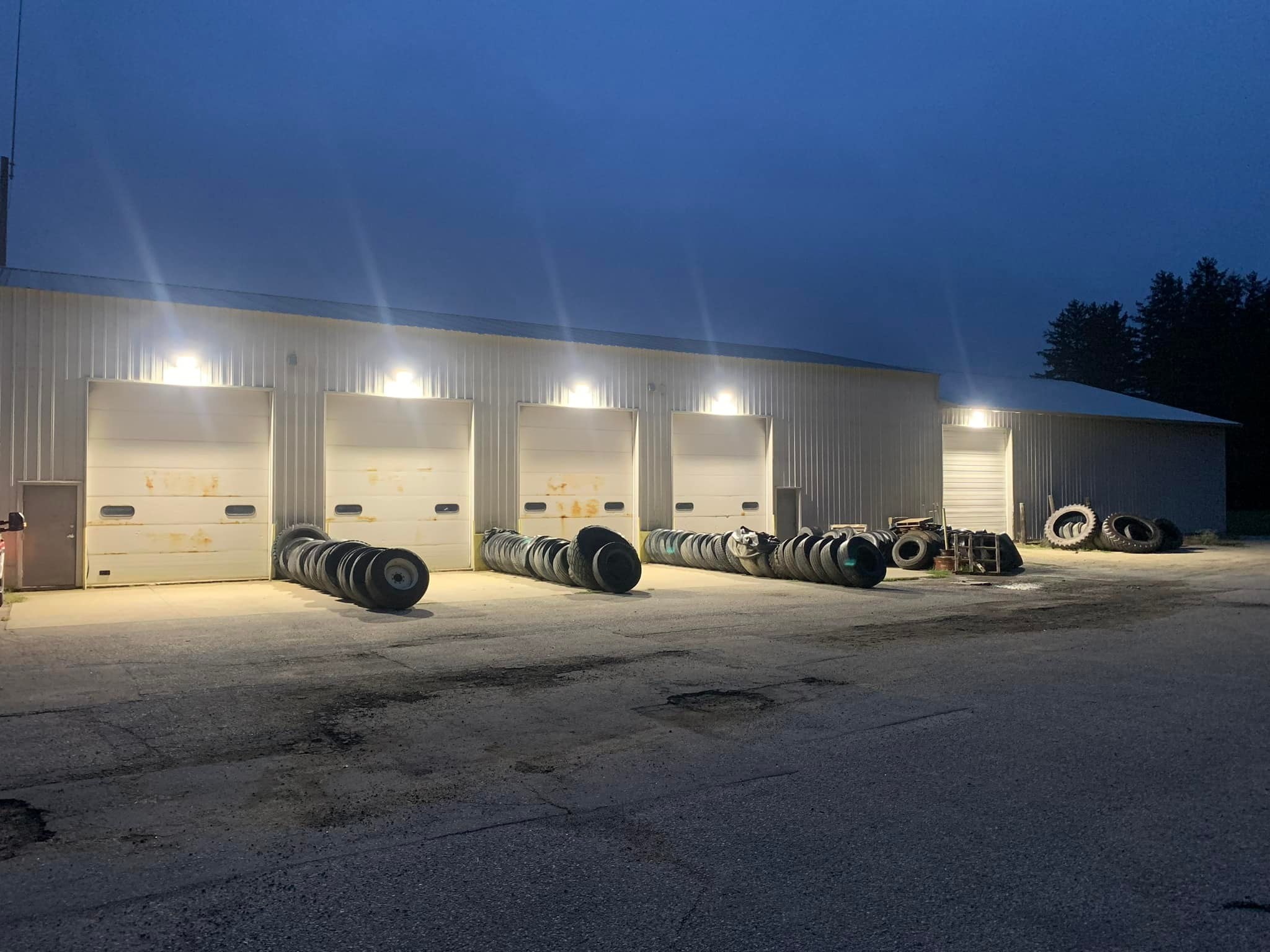
Understanding and Preventing Common Electrical Hazards at Home Sep 11, 2025
One of the most common electrical hazards in homes is overloaded circuits. Overloading occurs when more current flows through a circuit than it can handle, potentially leading to overheating and fires. To avoid this, it is essential to properly distribute your electrical load across different circuits, especially during the winter months when heating devices are frequently used. If you regularly experience tripped circuit breakers or flickering lights, consider contacting Johnson Electric LLC to evaluate your electrical system and recommend solutions, such as installing additional circuits.
Damaged electrical cords are another frequent hazard. Whether it’s due to wear and tear or accidental damage, compromised cords can expose wires and result in shock or fire. Regularly inspect your cords for any signs of fraying or cracking. Replace any damaged cords immediately, and consider using cord organizers or covers to minimize damage from foot traffic or furniture.
Improper use of extension cords is a problem in many homes. While these cords are a convenient way to supply power temporarily, they should never be used as a permanent solution. Over-reliance on extension cords can lead to overheating and fire risks. It is advisable to install additional outlets in areas where you frequently rely on extension cords to power multiple devices. The experts at Johnson Electric LLC can provide professional installation services to enhance the safety and functionality of your home.
Water and electricity are a dangerous combination, yet it’s a common hazard found in homes. Ensure all electrical outlets in bathrooms, kitchens, and outdoor areas are equipped with Ground Fault Circuit Interrupters (GFCIs). These devices detect imbalances in the electrical current and shut off the power immediately, preventing electric shock. If your outlets are not equipped with GFCIs, consider having them installed by a qualified electrician.
Another critical aspect of home electrical safety is ensuring all major appliances are plugged into dedicated outlets. Appliances like refrigerators, washing machines, and air conditioners should not share an outlet with other devices to prevent overloading. Additionally, always ensure your appliances are in good working order, as malfunctioning appliances can pose a significant electrical hazard.
As a homeowner, it’s also vital to be aware of the signs of outdated or faulty wiring. Warning signs such as frequent circuit breaker trips, discolored outlets, or a persistent burning smell should not be ignored. Older homes, in particular, may not meet current electrical safety standards. Scheduling regular inspections with an electrician from Johnson Electric LLC can help identify and rectify potential issues before they become serious problems.
In conclusion, electrical safety is an essential component of home maintenance. By understanding and preventing common electrical hazards, you can ensure your home remains a safe place for your family. If you have any concerns about your home’s electrical system or need professional advice, do not hesitate to contact Johnson Electric LLC. With their expertise, you can trust that your home is in safe hands. Remember, when it comes to electrical safety, prevention is always better than cure.